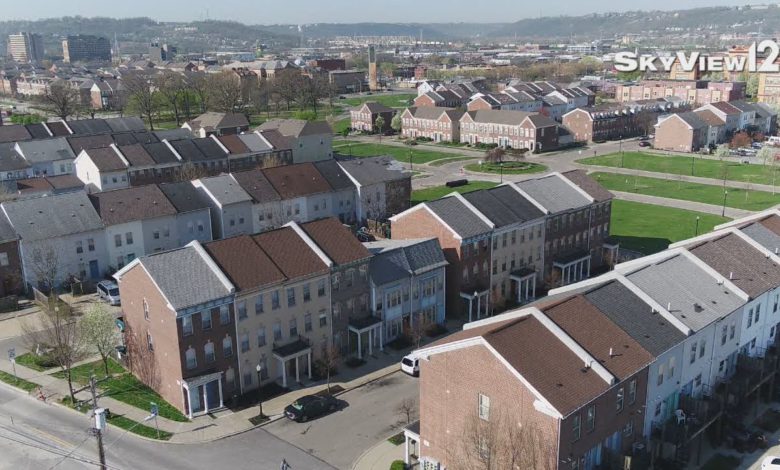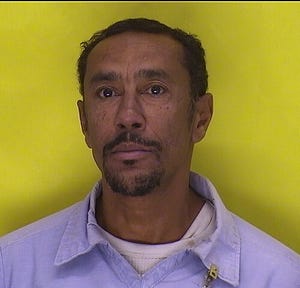
CINCINNATI (WKRC) - A new report calls Cincinnati's lack of affordable housing a crisis. It says the Queen City needs at least 40,000 more units to break the cycle of poverty.
Kendra Davis would love to move out of her cramped apartment, but it's difficult to find something in her price range in her neighborhood.
"I don't feel stuck, but I am looking for opportunity and I'm looking at blank landscape," Davis said.
Davis lives in the Setty Kuhn Apartments in Walnut Hills. While she likes the neighborhood, she feels she's being priced out, extending the cycle of poverty for her family.
"Having stable, affordable housing affects my child in a way because it affects the ability to provide her access to other things," said Davis.
Davis' story is one of the dozens Dani Issacson heard while conducting an affordable housing study.
"People are not making enough, and both rents and housing costs for home ownership are going up. So those two forces at the same time have led to, not just in Cincinnati but in cities all over the country, a critical lack of places," said Issacson.
Housing experts say Cincinnati needs at least 40,000 more affordable housing units.
"Housing is the most important policy to focus on when we're thinking about tackling poverty because if you have a safe, stable place to call home, then you can focus on your school work, you can focus finding a job, you can focus on the things you need to thrive," Issacson said.
Which is why Davis doesn't want to leave the Walnut Hills area.
"It's not feasible, honestly. Once you're out of your neighborhood, your comfort zone, what you know, your grocery store, your clinic, your health care provider, your childcare provider, those things that you have, your social capital, you're at a loss, period," Davis said.
Both Davis and Issacson say it's up to elected leaders to help end Cincinnati's housing crisis.
"More federal funding, more state funding, the city being more aggressive about getting that funding, more incentives for both developers and philanthropists and funders to play a role," Issacson said.
City Councilmember Tamaya Dennard says she's working on it.
"If a developer wants to build in the city of Cincinnati and doesn't want to make affordable housing, that's fine. Just don't ask for a tax handout," said Dennard.
Which is why Dennard voted against several development projects last week -- because they asked for tax abatements but didn't include affordable housing units in their plans.
"I love developers. I want Cincinnati to grow, but we don't have to give away everything," said Dennard.
And as Cincinnati continues to grow, Issacson and Davis hope no one gets left behind.
"As we think about housing and development, we think about how this can serve the existing residents of this neighborhood," Issacson said.
"Make sure everybody has a slice of this pie," said Davis.
Dennard says she's working on legislation that ties tax abatements to affordable housing, meaning if developers want a 15-percent tax abatement, they would need to provide 15 percent affordable housing.
Meantime, Cohear is working with several city agencies to develop a long-term affordable housing strategy. Cincinnati City Council set up an affordable housing trust fund in Decemeber. There's $700,000 in that fund.
Council is also considering an affordable housing resolution, which would bring together several agencies to develop a comprehensive housing strategy.
source








